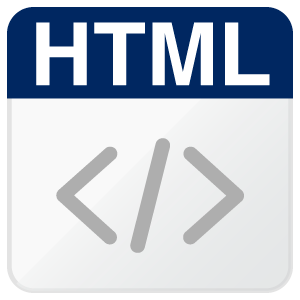Other Parts Discussed in Thread: SYSCONFIG,
Tool/software: Code Composer Studio
Hello all,
I want to interface sd card module (SPI-based) with TI CC2652 , i have to store data in the sd card. I am receiving the incoming data from arduino via uart.
How should i start.
Thanks,
shivam



